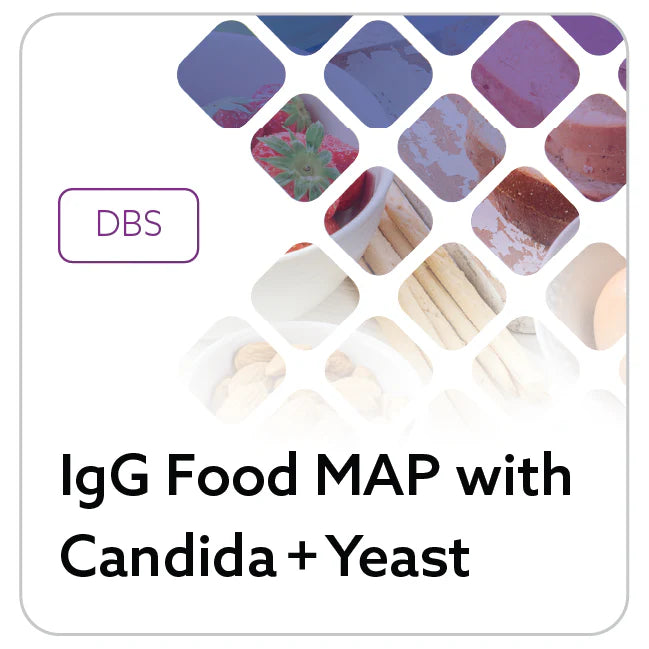I’ve jest started taking it. I’ve not felt a difference yet. If I like it I will purchase it again. Thank you
It really does resolve my issues with bloating and gas and keeps bm's on a regular schedule. I feel so much better! I highly recommend this product.
I love Dr. Grace. She’s so loving and loves to teach you and enable you to take control of your own health. I’m grateful to have found her and to be able to work with her.







